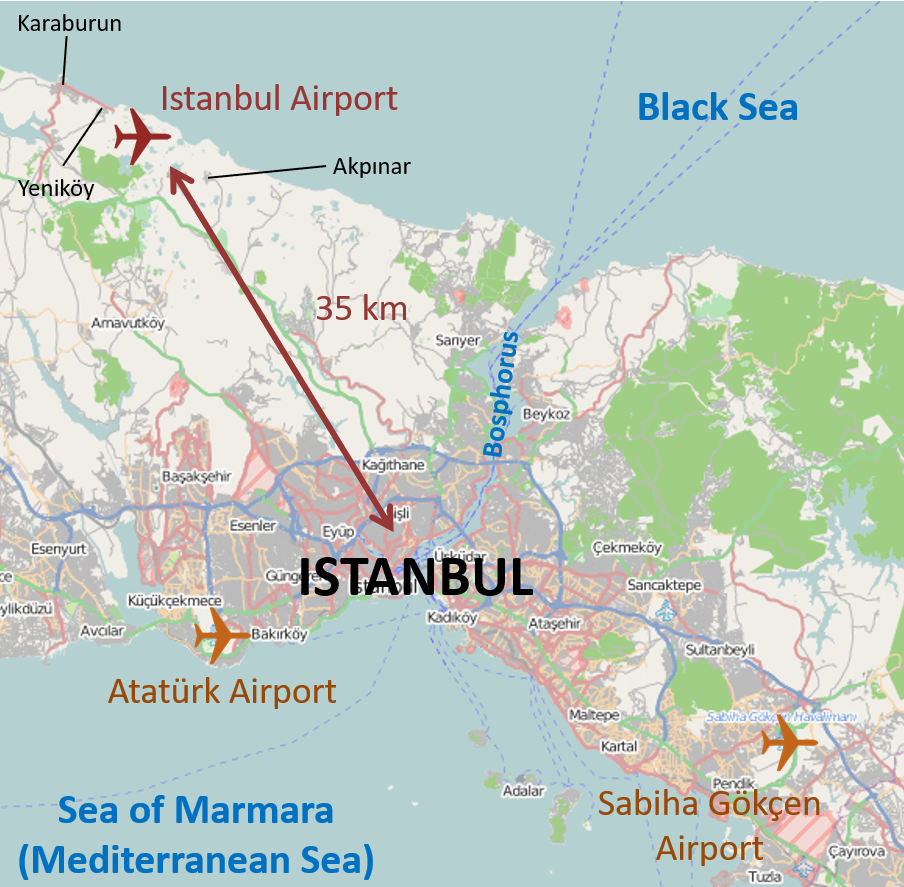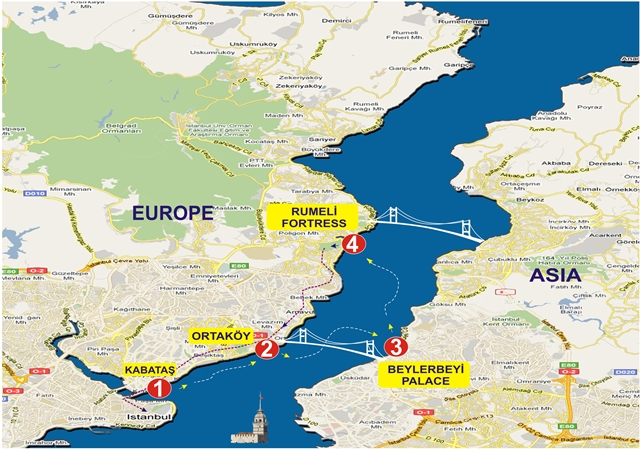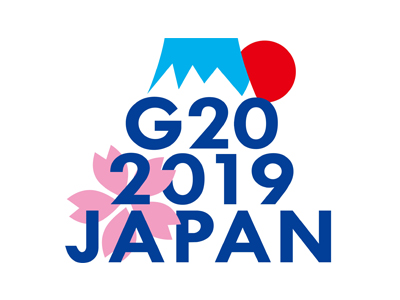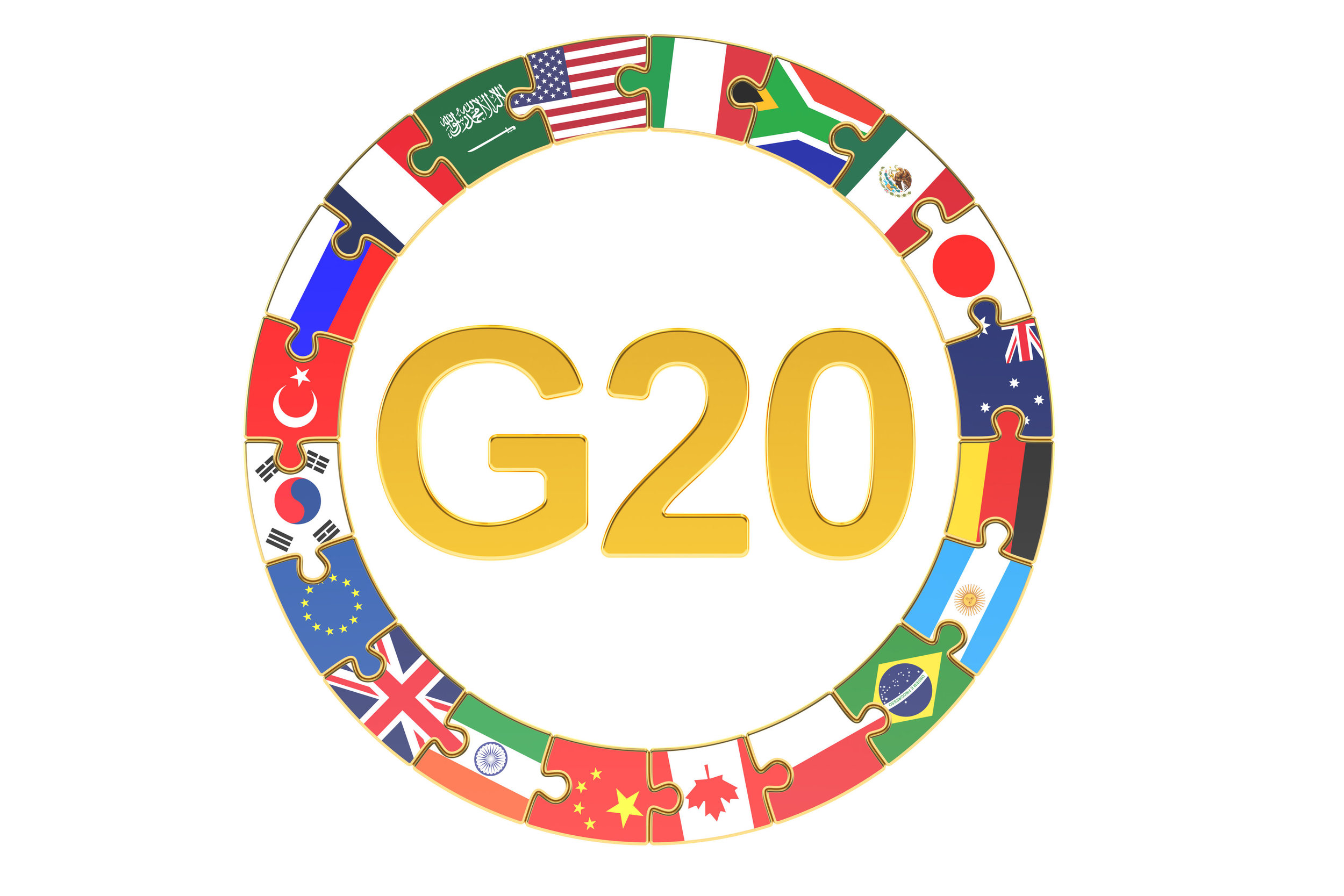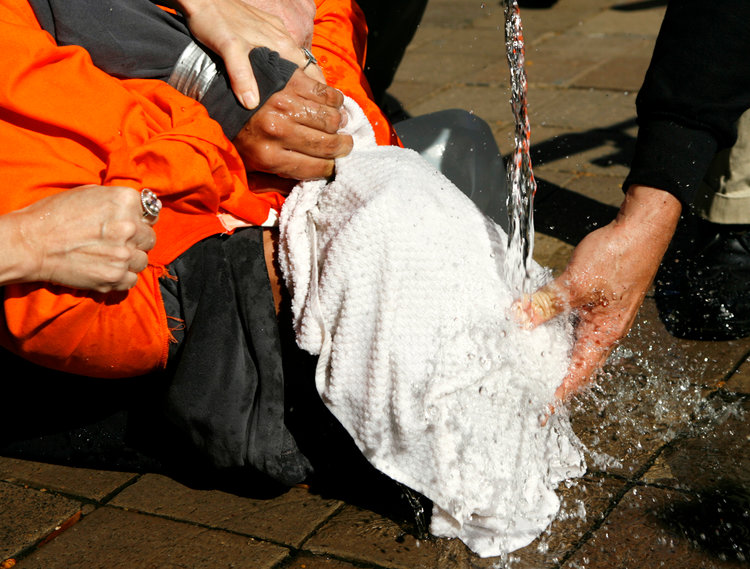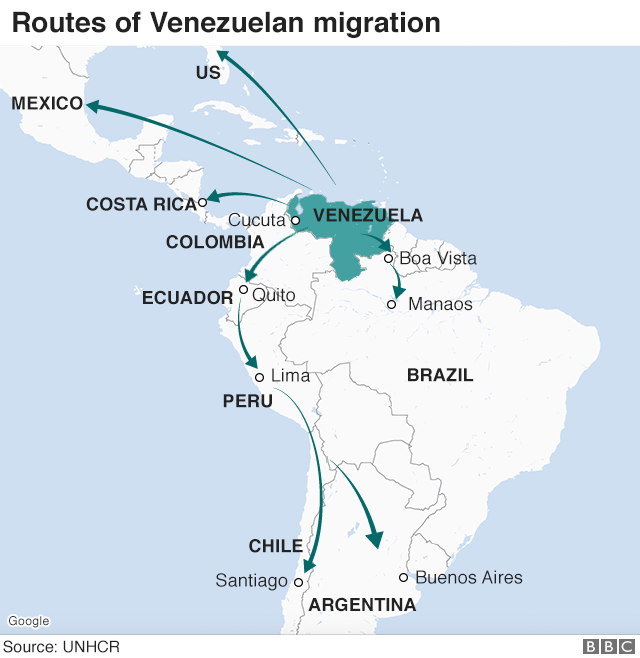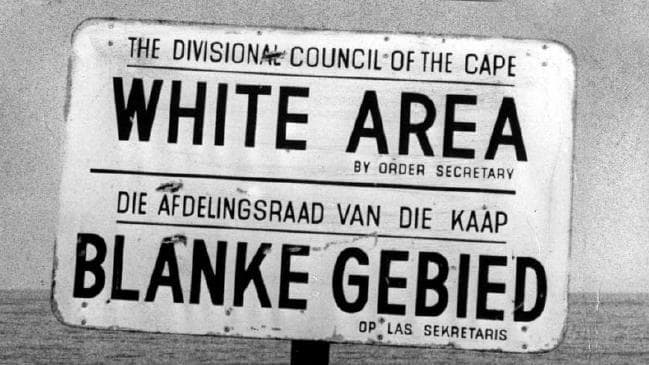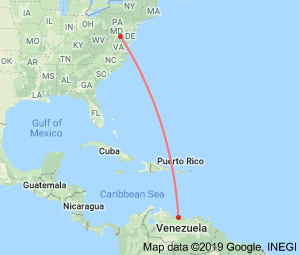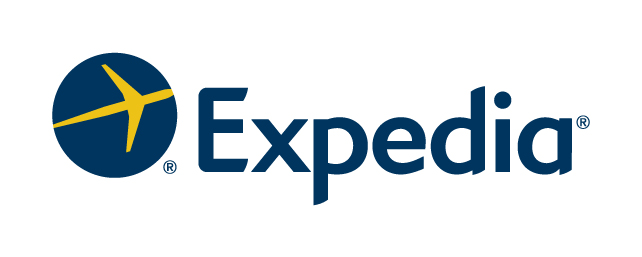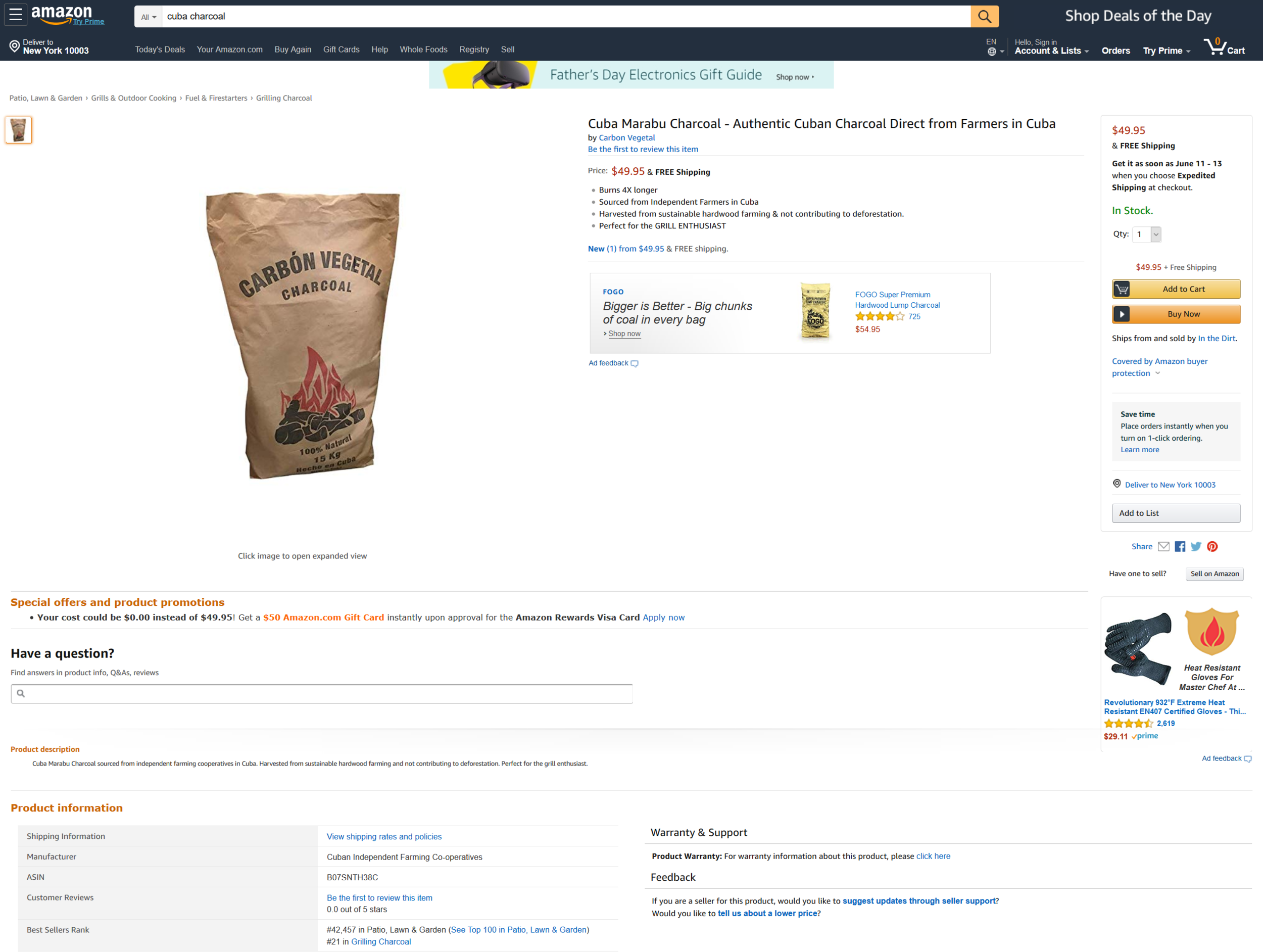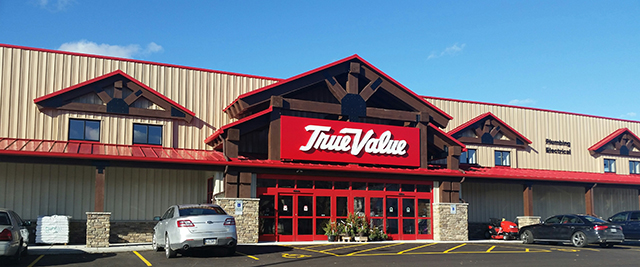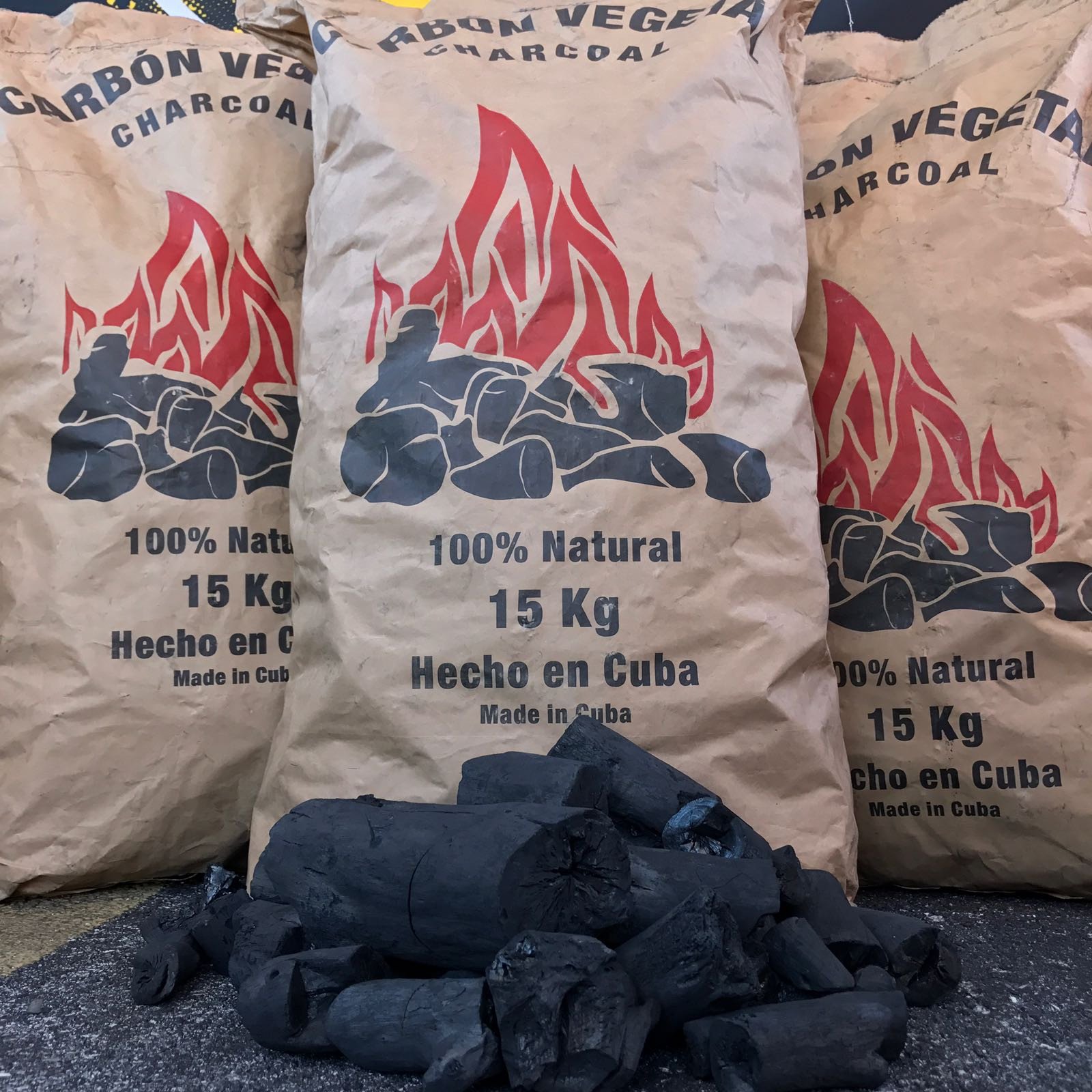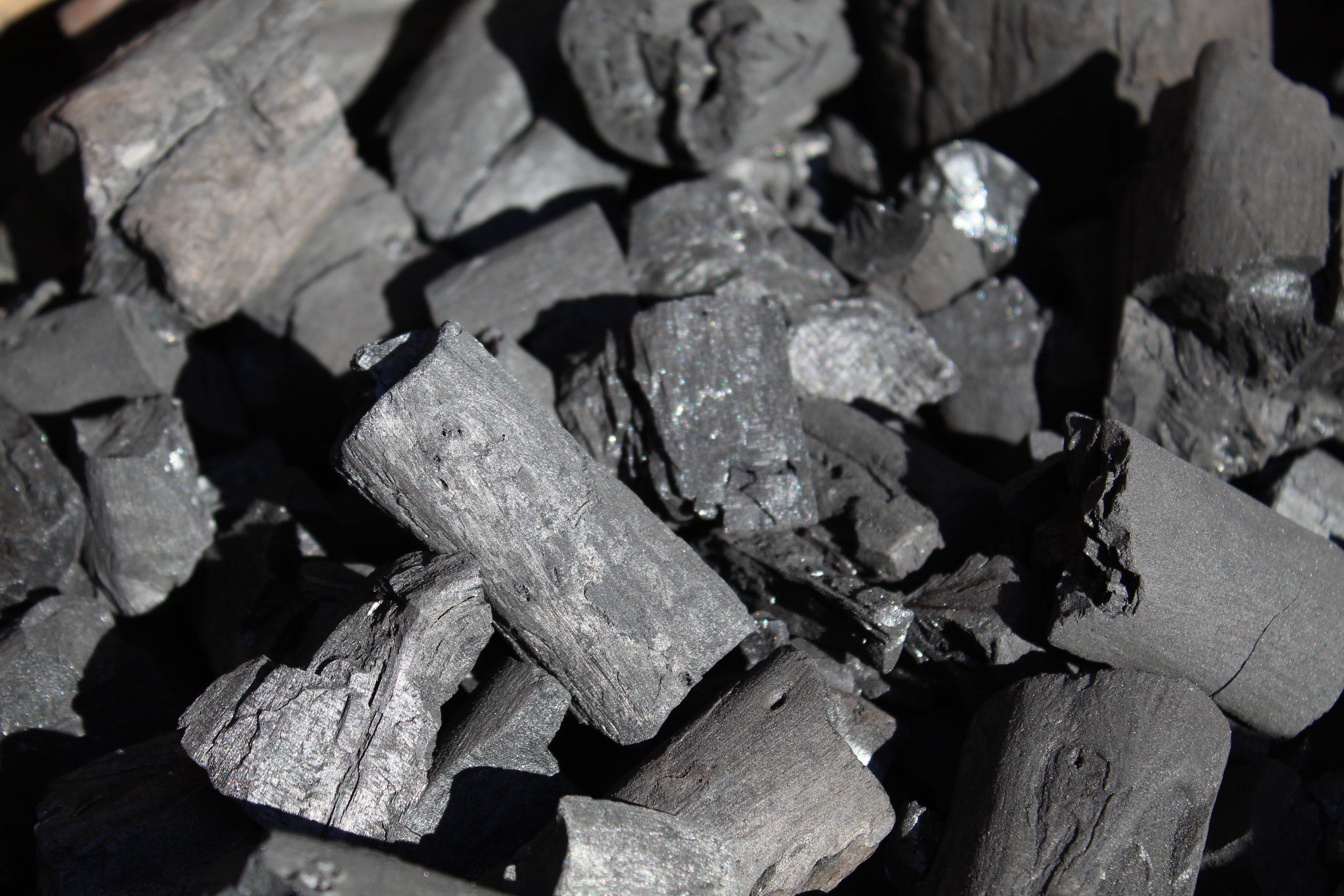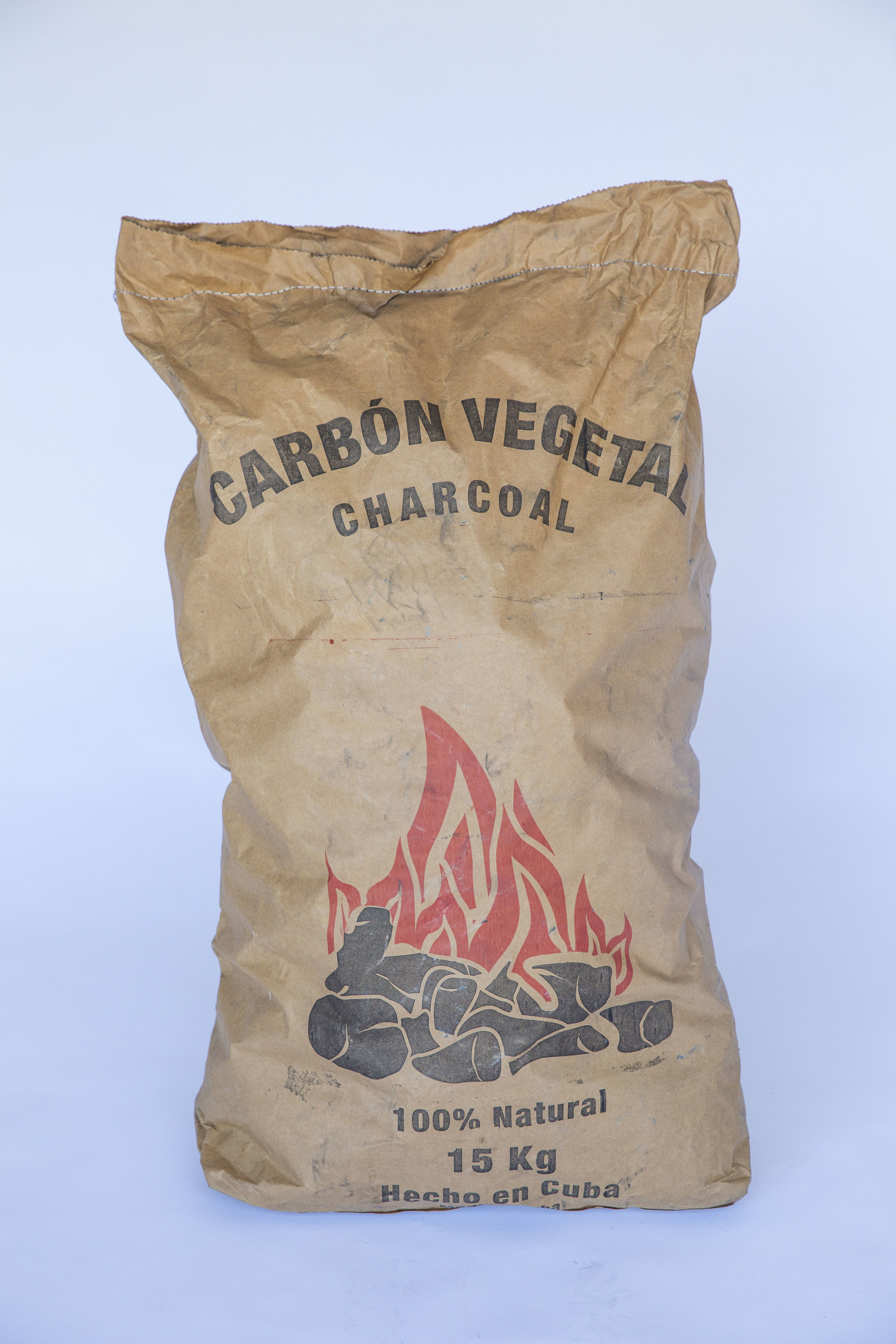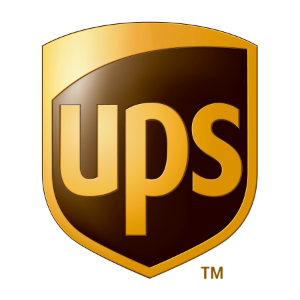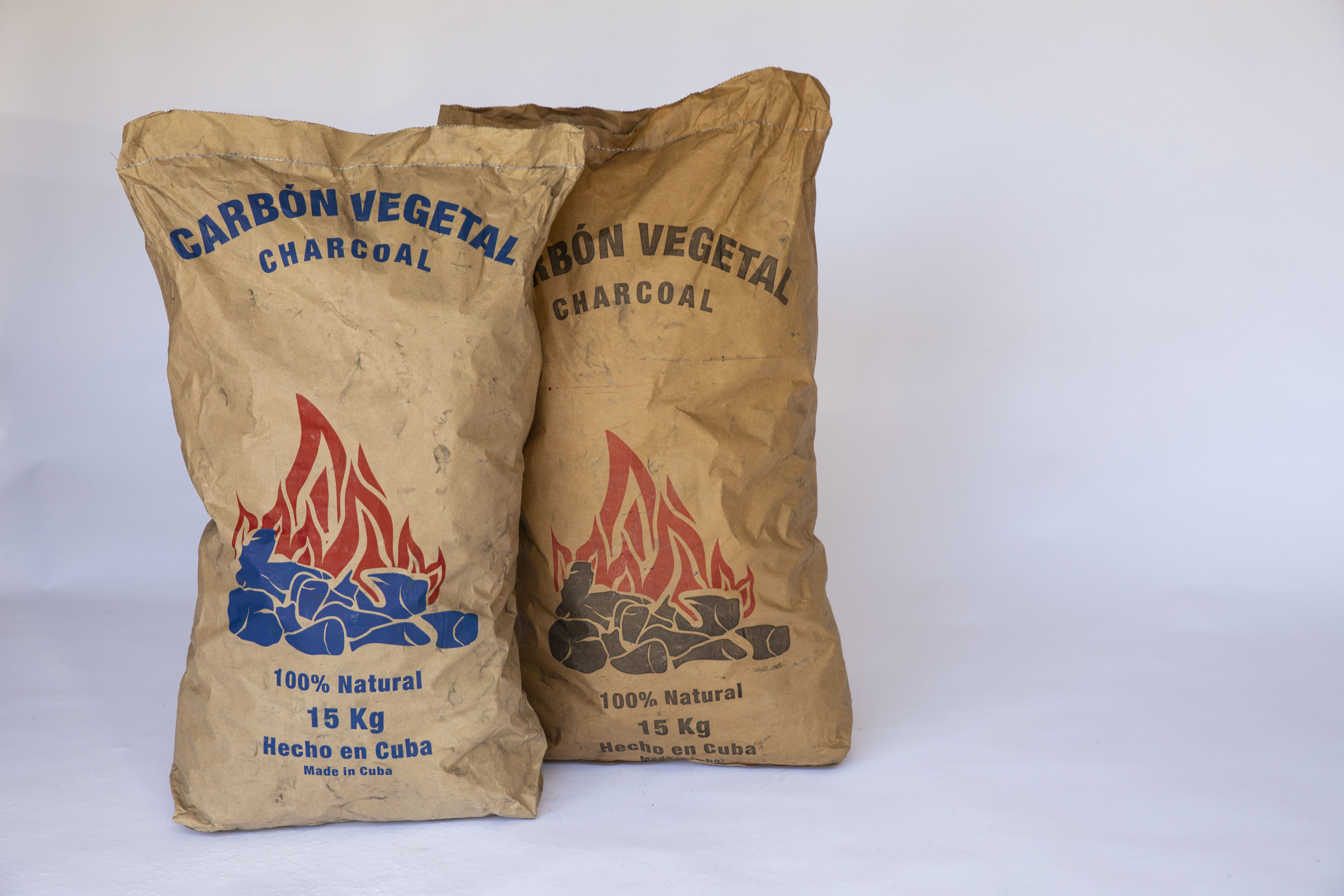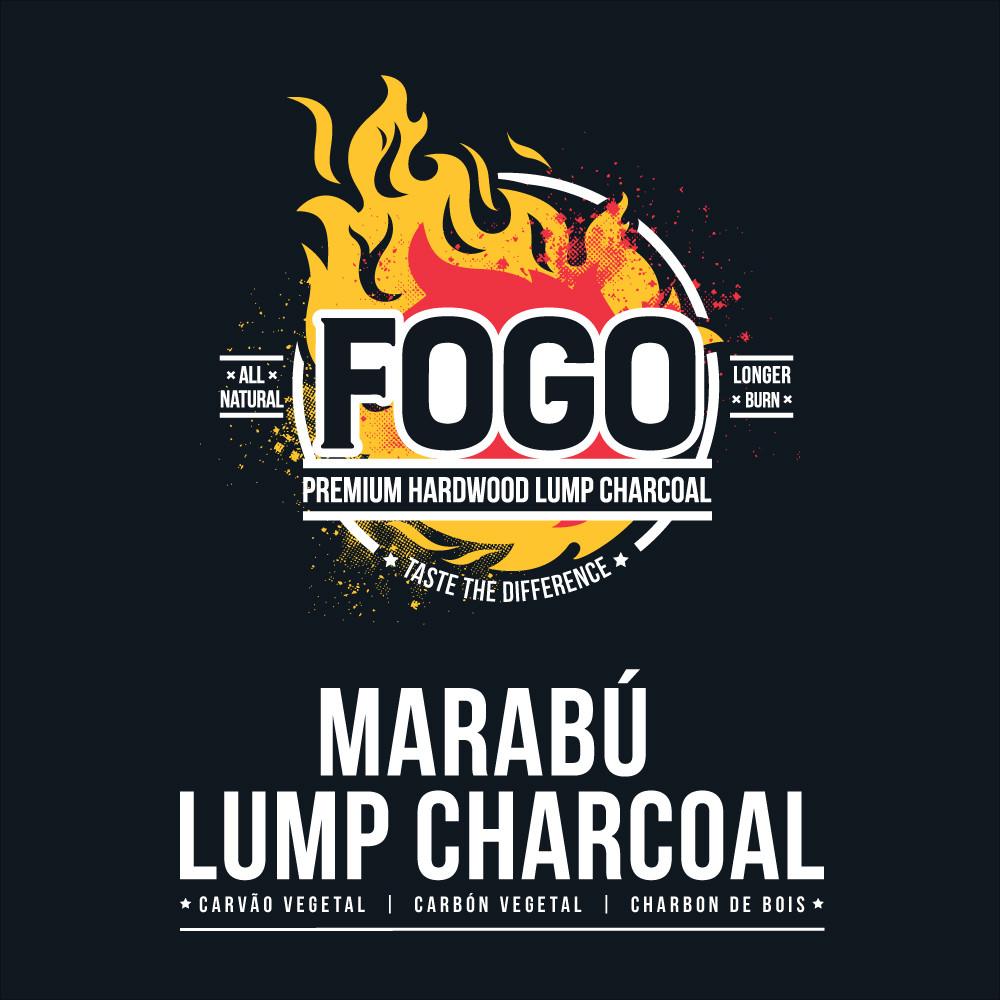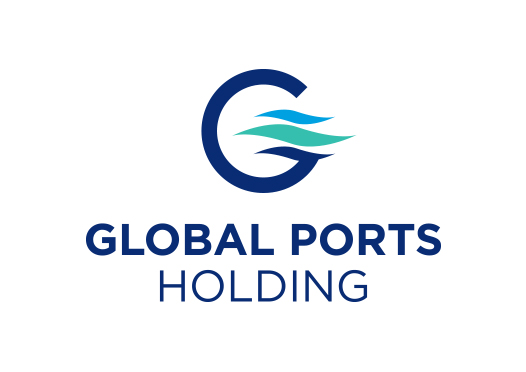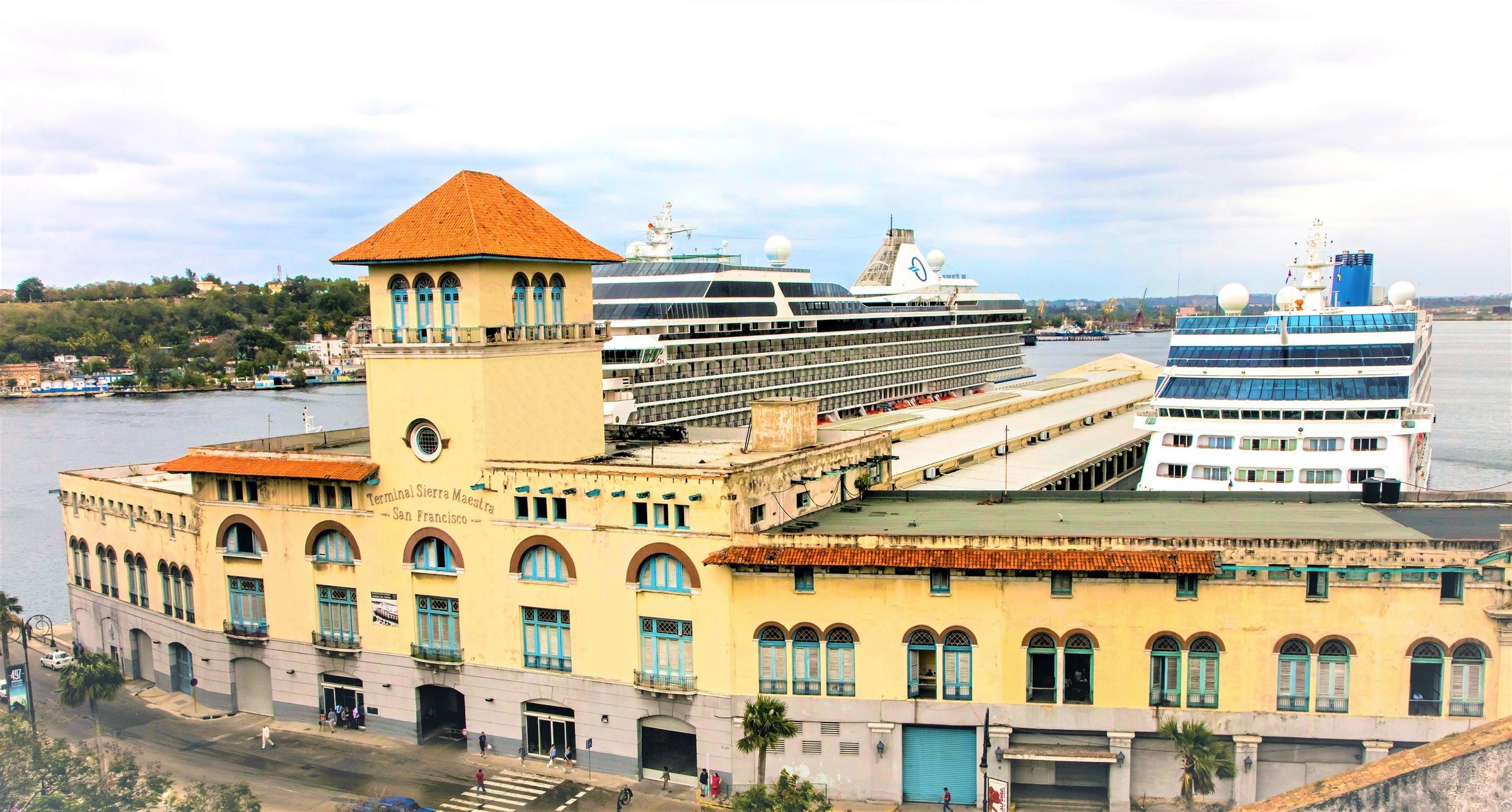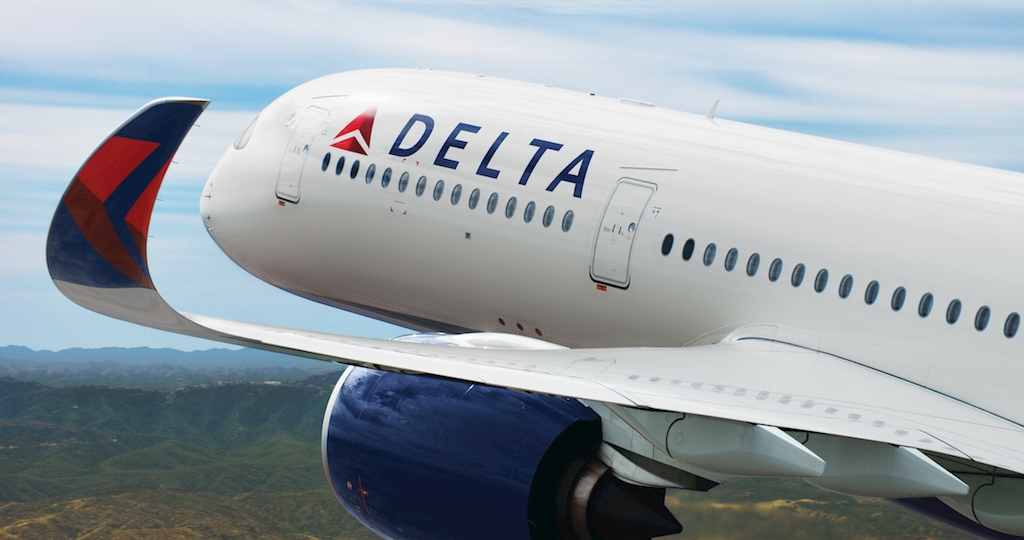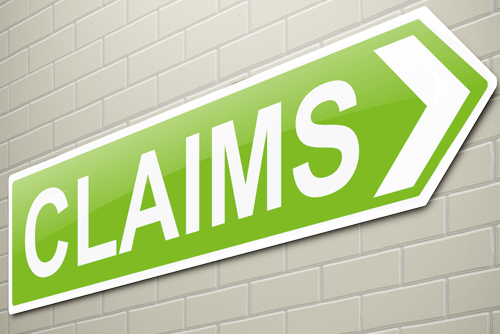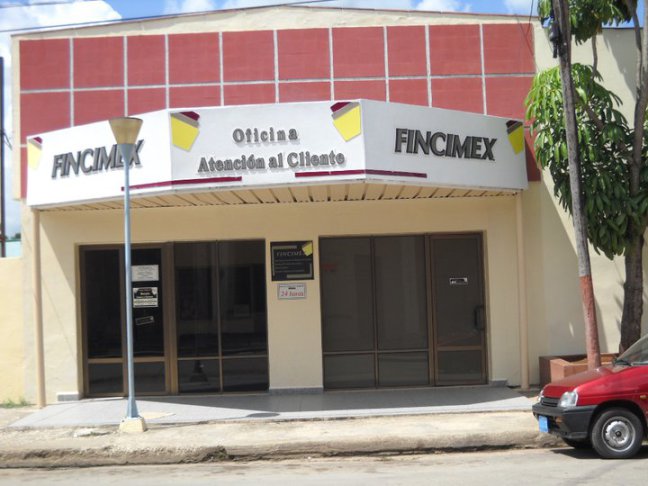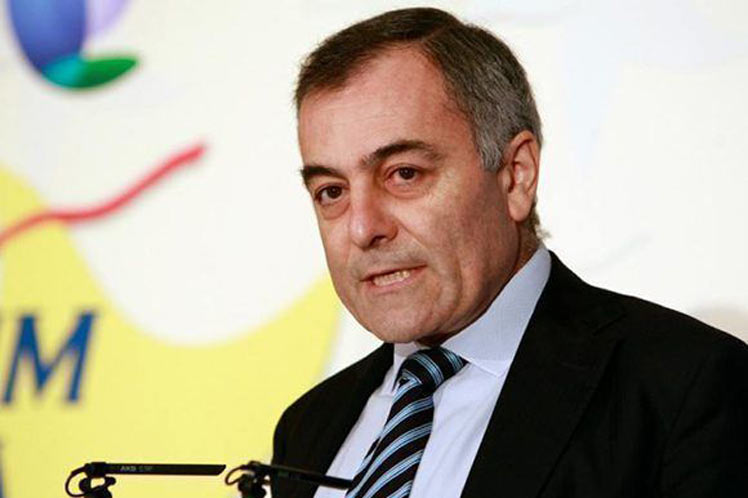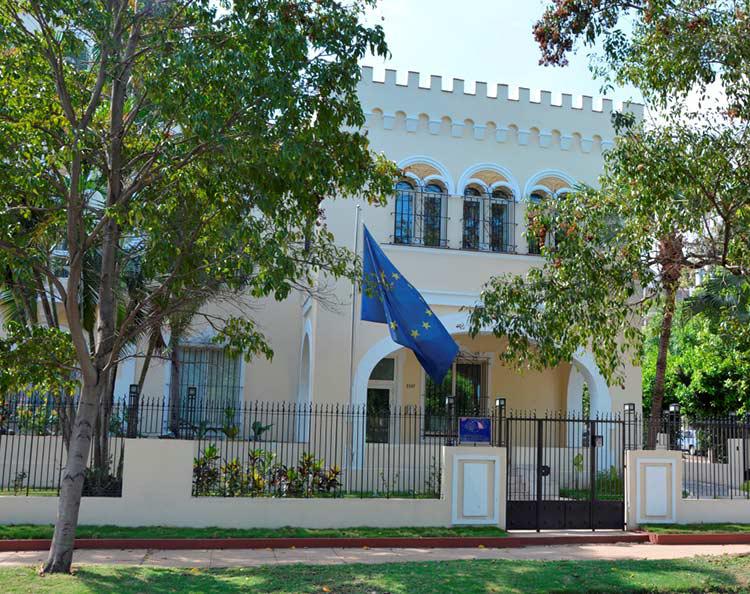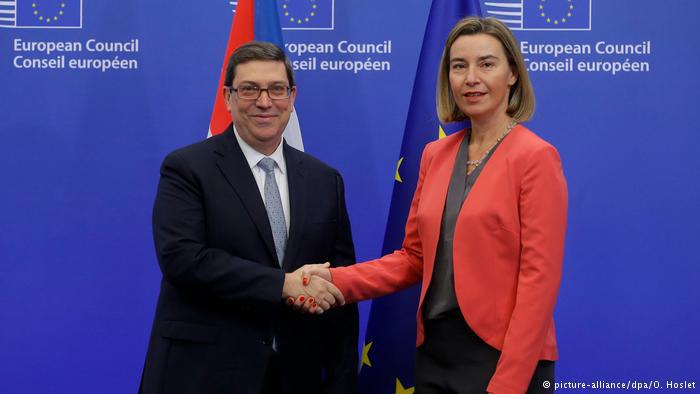Two Certified Claims Where Cuba Earns Far Exceeds What Cuba Owes
2.5% of What Delta Air Lines Has Paid To Cuba Settles Claim
Western Union Has Paid Far More To Cuba Than Its Claim Of US$939,367.20
US$1.15-5.23 Million Could Resolve Both Certified Claims
Settling Western Union And Delta Air Lines Claims Could Gain Cuba Needed Goodwill
Certified Claimants With A Presence In Cuba Represent 10.9% Of Total Claims Value
Cuba Needs To Demonstrate It’s Capable Of Negotiating A Settlement
Endure Trump Administration Gloating; Focus Upon The Solution
Settlements May Create Fissures Within Trump Administration & U.S. Congress
Wouldn’t Certified Claimants Prefer A Direct Negotiation To Cost Of Court?
Will President Trump Object To Solving The Problem?
Will President Trump Agree To Direct Settlement Negotiations With Cuba?
From what should be the perspective of the Republic of Cuba, there are two (2) certified claims with a combined value of US$1,151,763.28 (or US$5,229,005.28 with interest) that are incomplex to quickly settle due to the extremely low value of each certified claim as a percentage of the revenues received by the Republic of Cuba from the services provided by each certified claimant.
As one senior-member (Republican Party) of the United States Congress shared, “A resolution would tremendously assist with repairing the bilateral relationship. Right now, there is nothing to reference in the positive column.”
The Two Claims
Atlanta-Georgia-based Delta Air Lines (2018 revenues approximately US$44 billion) has since December 2016 operated regularly-scheduled flights from Atlanta, Georgia, and Miami, Florida, to Havana, Republic of Cuba.
To date, Delta Air Lines has operated approximately 3,152 flights from the United States to the Republic of Cuba, delivering approximately 331,944 passengers.
Would anyone believe the Republic of Cuba has not earned during the last twenty-nine (29) months a net profit from the landing fees for Delta Air Lines flights of at least US$212,396.08 (or US$964,278.20 with interest) the value of the certified claim? Provide Delta Air Lines with a discount on landing fees and the certified claim evaporates.
Using as an example a 160-passenger Boeing 737-800 aircraft landing at Jose Mart International Airport (HAV) in Havana, Republic of Cuba, and departing within three (3) hours so not to incur parking fees. Aircraft weight with 160-passengers is approximately 164,000 pounds (79,015 KG; 79.015 MT). The flight example would be MIA/HAV/MIA. 1CUC=US$1.00. Landing Fee: 4.89 CUC X 79.015 equals US$386.38.
Passengers Departure Rate: 25.00 CUC X 160 equals US$4,000.00. Customs: 96.00 CUC. Airport Medical Services: 80.00 CUC. Total Fees to land and then depart HAV: CUC 4,562.38.
Approximate number of Delta Air Lines flights from 1 December 2016 through 30 November 2018: 1,855. Approximate Landing Fees paid by Delta Air Lines to HAV from 2016: US$8,463,214.90. The value of the certified claim represents approximately 2.5% of the fees paid by Delta Air Lines to the Republic of Cuba. LINK To Delta Air Lines certified claim.
Denver, Colorado-based Western Union Company (2018 revenues approximately US$6 billion) has electronically delivered annually transfers of reportedly valued in the hundreds of millions of dollars from the United States to the Republic of Cuba. The Republic of Cuba has earned in fees at least US$939,367.20 (or US$4,264,727.08 with interest), the value of the certified claim. Eliminate or reduce the fee paid by Western Union Company to Republic of Cuba government-operated Fincimex and the certified claim evaporates. Western Union Company does not report data as to the value of transfers from the United States to the Republic of Cuba; consistent media reporting estimates that remittances from the United States to the Republic of Cuba are annually approximately US$1.5 billion to US$3 billion, with the majority of the funds delivered as currency by individuals traveling to the Republic of Cuba. On 14 March 2018, Havana Times, an online publication edited in Nicaragua, reported without verification that Western Union Company delivered “more than 3 billion US dollars annually” to the Republic of Cuba, but did not mention as to the origin(s) of the funds- whether from the United States and/or other countries.
To send US$100.00 from the United States to the Republic of Cuba where the recipient will receive the funds in currency, using www.westernunion.com, the fees range from 9% to 14.99% to 19.49% depending upon delivery time and method of payment used for the transaction. The Republic of Cuba reportedly receives approximately 20% of the fee paid by customers to Western Union. LINK To Western Union Company certified claim.
Settlements Could Begin A Trend
A settlement with two high-profile service-focused companies who operate within the Republic of Cuba and provide value to the 11.4 million citizens of the Republic of Cuba becomes workable as the cost of a lawsuit far exceeds the cost of bilateral negotiations- and the resolution is far more certain to be of present value rather than a judgement from a court that may require years (or decades) to enforce.
Upon settlement, the defendant companies and defendant individuals may no longer be subject to impediments to their operations relating to the Republic of Cuba and other countries which are within reach of the Office of Foreign Assets Control (OFAC) of the United States Department of the Treasury, the Office of Legal Adviser (OLA) of the United States Department of State and the United States Department of Justice (DOJ).
Settlements would result in an increase to the operational value of an asset located in the Republic of Cuba- the value of the asset increases as governments, financial institutions, investors, partners, and suppliers have increased confidence in long-term market-based viability.
With respect to structuring a settlement, there could be commercial, economic and political value to those who were subject to certified claims from having an ongoing presence by companies and individuals subject to United States jurisdiction as a shareholder, partner or leaseholder- meaning that if a defendant settles with the owner of an asset, and the owner is of Cuban descent residing in the United States or an individual not of Cuban descent, or company located in the United States, there may be an optical and practical benefit- lessening stigma, lessening risk, increasing opportunity and increasing value of the asset.
Most publicly-held companies with certified claims need to pursue resolution- whether through the courts or within a bilateral government-to-government settlement agreement, because the companies could be subject to shareholder(s) lawsuits for not using all means available to retrieve assets of the corporation- which are owned by shareholders.
A settlement may require a change in posture by the Trump Administration and create an opportunity for direct negotiations with the Republic of Cuba.
Yes, the Trump Administration and some members of the United States Congress and some political pundits would proclaim victory- that the policies of the Trump Administration “brought to its knees” the Republic of Cuba. Who should care?
The goal is to solve an issue that negatively impacts- and will continue to negatively impact the population of the Republic of Cuba and the workers in other countries who export to, import from and provide services within the Republic of Cuba. The better off is the Republic of Cuba, the more revenues to those exporters, importers and service providers.
The implementation by the Trump Administration of Title III of the Cuban Liberty and Democratic Solidarity Act of 1996 (known as “Libertad Act”) is not an issue of national significance in the United States.
Nor has the creation of the Cuba Restricted List by the United States Department of State ignited demonstrations in opposition. Previous and expected changes to travel regulations have not resulted in national debate. Expected changes to remittance regulations primarily impact unique constituencies in located in specific locations within two states; so exempted from the national dialogue. Increasing sanctions against Venezuela which impact the Republic of Cuba do not matter to most citizens of the fifty states. Provisions of legislation that are law remain unused. Advocacy groups opposing decisions by the Trump Administration or seeking to shape legislation in the United States Congress have become marginalized and, in many instances, impotent- both within the Washington Beltway and in Havana.
Meaning, what the Trump Administration is doing relating to- directly and indirectly, the Republic of Cuba is not throughout the United States of political significance or economic significance or commercial significance in comparison to other issues. It is of importance primarily in one state with twenty-nine (29) votes in the Electoral College, which determines who becomes president of the United States.
As a result, the Republic of Cuba has few opportunities to retain relevance. The most important and simplest is settling the certified claims because their absence unleashes the commercial, economic and political potentiality of the nation. The certified claims are an albatross; and the Republic of Cuba continues to lose support from its traditional commercial partners as they become impatient with the choices made by the Diaz-Canel Administration.
When the Republic of Cuba is deemed to be bullied by the United States without recourse, there lies empathy. When the Republic of Cuba is deemed to be resisting changes that would enable it to better repay what it owes and be a more vibrant atmosphere for expanded relationships, those countries who would have shown empathy are instead lessening resistance to hostility; patience is fleeting.
The Trump Administration is gambling the Brussels, Belgium-based European Union (EU) and Geneva, Switzerland-based World Trade Organization (WTO) will not engage in in a sustained rhetorical, commercial, economic and political conflict with the United States because of the Republic of Cuba and at the potential determent to cooperation on other issues. And, if the gamble is inartful, if wrong, then so be it.
Certified Claimants Operating In Cuba
Certified claimants with current or recent activity within the Republic of Cuba include New York, New York-based Colgate-Palmolive, Moline, Illinois-based Deere & Company, Atlanta, Georgia-based Delta Air Lines, Boston, Massachusetts-based General Electric, Bethesda, Maryland-based Marriott International, Chicago, Illinois-based University of Chicago, Denver, Colorado-based Western Union and New Haven, Connecticut-based Yale University.
The combined value of the certified claims by these entities is US$206,707,396.21 (US$938,451,578.64 with interest) representing 10.9% of the value of 5,913 certified claims.
Colgate-Palmolive (US$14,507,935.04)
From New York, New York-based Colgate-Palmolive Company (2018 revenues approximately US$15 billion) on 5 April 2016: “Colgate Palmolive’s Bright Smiles, Bright Futures program provides oral health education and screening to millions of children in more than 80 countries as part of an effort to reduce and prevent cavities among children. The global program, celebrating its 25th anniversary, has reached more than 850 million children around the world with its education curriculum. This award-winning curriculum is translated into 30 languages. Colgate’s well-established partnerships with governments, schools and communities -- combined with a committed network of volunteer dentists and educators -- make the program work.
With government approval, we brought a humanitarian program modeled on Bright Smiles, Bright Futures to Cuba in 2014. In our first year, we ran the program in one municipality of Havana and reached approximately 10,000 children. Additionally, we presented our plan to dentists and representatives from the Ministry of Health at the Cuban Dental Congress in November 2015.
Today, we’re extending our reach in Havana as well as expanding the program to the provinces of Cienfuegos and Pinar del Río in partnership with the Ministry of Health. With this expansion, we expect to reach more than 170,000 children by the end of 2016.”
Deere & Company (US$267,171.50)
In November 2017, and continuing through 2018, Moline, Illinois-based Deere & Company (2018 revenues approximately US$27 billion) delivered more than $800,000.00 in agricultural equipment to the Republic of Cuba for use at its distribution center affiliated with Republic of Cuba government-operated Maquimport, a subsidiary of Republic of Cuba government-operated Gecomex. Antioch, Tennessee-based Wirtgen America, Inc., a subsidiary of Windhagen, Germany-based Wirtgen Group (2018 revenues approximately US$3 billion), a construction equipment machinery subsidiary (acquired in 2017) of Deere & Company has also delivered products to the Republic of Cuba. John Deere reported that the company would provide financing for equipment purchases by authorized Republic of Cuba entities.
Delta Air Lines (US$212,396.08)
Atlanta, Georgia-based Delta Air Lines (2018 revenues approximately US$44 billion) has regularly-scheduled flights between the United States the Republic of Cuba and have a ticket office in the city of Havana, Republic of Cuba, managed by Republic of Cuba government-operated Havanatur, a subsidiary of Republic of Cuba government-operated Corporacion Cimex SA which is controlled by Enterprise Administration Group (GAESA) which is controlled by the Revolutionary Armed Forces of the Republic of Cuba (FAR).
General Electric (US$5,870,436.86)
Since December 2017, Boston, Massachusetts-based General Electric (GE; 2018 revenues exceeded US$122 billion) delivered from the United States to the Republic of Cuba “parts for steam turbines” valued at more than US$21 million. Some of the parts traveled from Atlanta, Georgia, to Port Everglades, Florida, then to Port Mariel in the Republic of Cuba. GE is the largest (by revenue) United States-based company to have engaged with the Republic of Cuba. Although GE has not issued a media release relating to the project in the Republic of Cuba, in 2017 the government of the Republic of Cuba confirmed in a PowerPoint presentation used by the Embassy of the Republic of Cuba in Washington DC that the company was providing parts and equipment for a power plant. The total value of the project has not been reported. The Obama Administration first authorized the transactions by GE as primarily advancing benefit to the citizens of the Republic of Cuba rather than to the government of the Republic of Cuba. This type of transaction was and remains licensable (general or specific) through the OFAC and BIS. In November 2015, GE purchased for approximately US$10.6 billion the power and grid division of Paris, France-based Alstom (2018 revenues approximately US$8 billion). In 2016, GE commenced a power generation project in the Republic of Cuba resulting, in part, from a relationship between Alstom and the Republic of Cuba prior to the 2015 acquisition by GE of the power and grid division of Alstom, which had exported products to the Republic of Cuba. On 31 March 1971, GE certified a claim against the Republic of Cuba in the amount of US$5,870,436.86 through the United States Foreign Claims Settlement Commission (USFCSC) within the United States Department of Justice. Interest accrued at 6% per annum from the respective date(s) of loss to the date of settlement.
Marriott International (US$181,808,794.14)
A subsidiary of Bethesda, Maryland-based Marriott International, Inc. (2018 revenues approximately US$20 billion), Stamford, Connecticut-based Starwood Hotels and Resorts Worldwide LLC, has a series of two-year licenses from the Office of Foreign Assets Control (OFAC) of the United States Department of the Treasury in Washington DC to manage two (2) properties located in the Republic of Cuba.
Both properties managed by Marriott International (through Starwood Hotels and Resorts Worldwide LLC) are in the city of Havana, Four Points by Sheraton Havana and Hotel Inglaterra (delayed opening without explanation from December 2016 to December 2019) and owned by entities controlled by the Revolutionary Armed Forces of the Republic of Cuba (FAR).
The OFAC licenses were first issued during the Obama Administration and were renewed during the Trump Administration, although there has been a reported delay by the OFAC in transferring the licenses from Starwood Hotels and Resorts Worldwide LLC to Marriott International.
The certified claim also includes land adjacent to the Jose Marti International Airport (HAV) in Havana, formerly known as Rancho-Boyeros Airport, located in the town of Boyeros, approximately 9 miles from Havana. HAV handles approximately 25 international airlines and serves approximately 60 destinations in approximately 30 countries.
University of Chicago (US$2,500,000.00)
The Center for Latin American Studies at the Chicago, Illinois-based University of Chicago has offered academic programs in the Republic of Cuba and Alumni Association of the University of Chicago has marketed educational visits to the Republic of Cuba.
Western Union (US$939,367.20)
Denver, Colorado-based Western Union Company (2018 revenues approximately US$6 billion) provides online and app-based money transfer services in the Republic of Cuba through 420 Agent locations in all sixteen provinces and 168 municipalities. Western Union Company has an agreement with Republic of Cuba government-operated Fincimex S.A., a subsidiary of Republic of Cuba government-operated Corporacion Cimex SA which is controlled by Enterprise Administration Group (GAESA) which is controlled by the Revolutionary Armed Forces of the Republic of Cuba (FAR).
Yale University (US$601,295.39)
The Yale MacMillan Center: Council on Latin American & Iberian Studies at New Haven, Connecticut-based Yale University has offered academic programs in the Republic of Cuba
LINK To List Of United States Companies With A Presence In The Republic Of Cuba.
Libertad Act
The Trump Administration has made operational Title III and further implemented Title IV of the Cuban Liberty and Democratic Solidarity Act of 1996 (known as “Libertad Act”).
Title III authorizes lawsuits in United States District Courts against companies and individuals who are using a certified claim or non-certified claim where the owner of the certified claim or non-certified claim has not received compensation from the Republic of Cuba or from a third-party who is using (“trafficking”) the asset.
Title IV restricts entry into the United States by individuals who have connectivity to unresolved certified claims or non-certified claims. One Canada-based company is currently subject to this provision based upon a certified claim.
Certified Claims Background
There are 8,821 claims of which 5,913 awards valued at US$1,902,202,284.95 were certified by the USFCSC and have not been resolved for nearing sixty years (some assets were officially confiscated in the 1960’s, some in the 1970’s and some in the 1990’s. The USFCSC permitted simple interest (not compound interest) of 6% per annum (approximately US$114,132,137.10); with the approximate current value of the 5,913 certified claims US$8,521,866,236.75.
The first asset to be expropriated by the Republic of Cuba was an oil refinery in 1960 owned by White Plains, New York-based Texaco, Inc., now a subsidiary of San Ramon, California-based Chevron Corporation (USFCSC: CU-1331/CU-1332/CU-1333 valued at US$56,196,422.73).
The largest certified claim (Cuban Electric Company) valued at US$267,568,413.62 is controlled by Boca Raton, Florida-based Office Depot, Inc. The second-largest certified claim (International Telephone and Telegraph Co, ITT as Trustee, Starwood Hotels & Resorts Worldwide, Inc.) valued at US$181,808,794.14 is controlled by Bethesda, Maryland-based Marriott International; the certified claim also includes land adjacent to the Jose Marti International Airport in Havana, Republic of Cuba. The smallest certified claim is by Sara W. Fishman in the amount of US$1.00 with reference to the Cuban-Venezuelan Oil Voting Trust.
The two (2) largest certified claims total US$449,377,207.76, representing 24% of the total value of the certified claims. Thirty (30) certified claimants hold 56% of the total value of the certified claims. This concentration of value creates an efficient pathway towards a settlement.
Title III of the Cuban Liberty and Democratic Solidarity (Libertad) Act of 1996 requires that an asset had a value of US$50,000.00 when expropriated by the Republic of Cuba without compensation to the original owner. Of the 5,913 certified claims, 913, or 15%, are valued at US$50,000.00 or more. Adjusted for inflation, US$50,000.00 (3.70% per annum) in 1960 has a 2019 value of approximately US$427,267.01. The USFCSC authorized 6% per annum, meaning the 2019 value of US$50,000.00 is approximately US$1,649,384.54.
The ITT Corporation Agreement
In July 1997, then-New York City, New York-based ITT Corporation and then-Amsterdam, the Netherlands-based STET International Netherlands N.V. signed an agreement whereby STET International Netherlands N.V. would pay approximately US$25 million to ITT Corporation for a ten-year right (after which the agreement could be renewed and was renewed) to use assets (telephone facilities and telephone equipment) within the Republic of Cuba upon which ITT Corporation has a certified claim valued at approximately US$130.8 million. ETECSA, which is now wholly-owned by the government of the Republic of Cuba, was a joint venture controlled by the Ministry of Information and Communications of the Republic of Cuba within which Amsterdam, the Netherlands-based Telecom Italia International N.V. (formerly Stet International Netherlands N.V.), a subsidiary of Rome, Italy-based Telecom Italia S.p.A. was a shareholder. Telecom Italia S.p.A., was at one time a subsidiary of Ivrea, Italy-based Olivetti S.p.A. The second-largest certified claim (International Telephone and Telegraph Co, ITT as Trustee, Starwood Hotels & Resorts Worldwide, Inc.) valued at US$181,808,794.14 is controlled by Bethesda, Maryland-based Marriott International.
TITLE III--SEC. 302. LIABILITY FOR TRAFFICKING IN CONFISCATED PROPERTY CLAIMED BY UNITED STATES NATIONALS.
(a) Civil Remedy.-- (1) Liability for trafficking.--(A) Except as otherwise provided in this section, any person that, after the end of the 3-month period beginning on the effective date of this title, traffics in property which was confiscated by the Cuban Government on or after January 1, 1959, shall be liable to any United States national who owns the claim to such property for money damages in an amount equal to the sum of-- (i) the amount which is the greater of-- (I) the amount, if any, certified to the claimant by the Foreign Claims Settlement Commission under the International Claims Settlement Act of 1949, plus interest; (II) the amount determined under section 303(a)(2), plus interest; or (III) the fair market value of that property, calculated as being either the current value of the property, or the value of the property when confiscated plus interest, whichever is greater; and (ii) court costs and reasonable attorneys' fees. (B) Interest under subparagraph (A)(i) shall be at the rate set forth in section 1961 of title 28, United States Code, computed by the court from the date of confiscation of the property involved to the date on which the action is brought under this subsection.
(2) Presumption in favor of the certified claims.--There shall be a presumption that the amount for which a person is liable under clause (i) of paragraph (1)(A) is the amount that is certified as described in subclause (I) of that clause. The presumption shall be rebuttable by clear and convincing evidence that the amount described in subclause (II) or (III) of that clause is the appropriate amount of liability under that clause.
(3) Increased liability.--(A) Any person that traffics in confiscated property for which liability is incurred under paragraph (1) shall, if a United States national owns a claim with respect to that property which was certified by the Foreign Claims Settlement Commission under title V of the International Claims Settlement Act of 1949, be liable for damages computed in accordance with subparagraph (C).
(B) If the claimant in an action under this subsection (other than a United States national to whom subparagraph (A) applies) provides, after the end of the 3-month period described in paragraph (1) notice to-- (i) a person against whom the action is to be initiated, or (ii) a person who is to be joined as a defendant in the action, at least 30 days before initiating the action or joining such person as a defendant, as the case may be, and that person, after the end of the 30- day period beginning on the date the notice is provided, traffics in the confiscated property that is the subject of the action, then that person shall be liable to that claimant for damages computed in accordance with subparagraph (C).
(C) Damages for which a person is liable under subparagraph (A) or subparagraph (B) are money damages in an amount equal to the sum of-- (i) the amount determined under paragraph (1)(A)(ii), and (ii) 3 times the amount determined applicable under paragraph (1)(A)(i). (D) Notice to a person under subparagraph (B)-- (i) shall be in writing; (ii) shall be posted by certified mail or personally delivered to the person; and (iii) shall contain-- (I) a statement of intention to commence the action under this section or to join the person as a defendant (as the case may be), together with the reasons therefor; (II) a demand that the unlawful trafficking in the claimant's property cease immediately; and (III) a copy of the summary statement published under paragraph (8). (4) Applicability.--(A) Except as otherwise provided in this paragraph, actions may be brought under paragraph (1) with respect to property confiscated before, on, or after the date of the enactment of this Act.
(B) In the case of property confiscated before the date of the enactment of this Act, a United States national may not bring an action under this section on a claim to the confiscated property unless such national acquires ownership of the claim before such date of enactment. (C) In the case of property confiscated on or after the date of the enactment of this Act, a United States national who, after the property is confiscated, acquires ownership of a claim to the property by assignment for value, may not bring an action on the claim under this section.
(5) Treatment of certain actions.--(A) In the case of a United States national who was eligible to file a claim with the Foreign Claims Settlement Commission under title V of the International Claims Settlement Act of 1949 but did not so file the claim, that United States national may not bring an action on that claim under this section. (B) In the case of any action brought under this section by a United States national whose underlying claim in the action was timely filed with the Foreign Claims Settlement Commission under title V of the International Claims Settlement Act of 1949 but was denied by the Commission, the court shall accept the findings of the Commission on the claim as conclusive in the action under this section.
(C) A United States national, other than a United States national bringing an action under this section on a claim certified under title V of the International Claims Settlement Act of 1949, may not bring an action on a claim under this section before the end of the 2-year period beginning on the date of the enactment of this Act.
(D) An interest in property for which a United States national has a claim certified under title V of the International Claims Settlement Act of 1949 may not be the subject of a claim in an action under this section by any other person. Any person bringing an action under this section whose claim has not been so certified shall have the burden of establishing for the court that the interest in property that is the subject of the claim is not the subject of a claim so certified. (6) Inapplicability of act of state doctrine.--No court of the United States shall decline, based upon the act of state doctrine, to make a determination on the merits in an action brought under paragraph (1).
(7) Licenses not required.--(A) Notwithstanding any other provision of law, an action under this section may be brought and may be settled, and a judgment rendered in such action may be enforced, without obtaining any license or other permission from any agency of the United States, except that this paragraph shall not apply to the execution of a judgment against, or the settlement of actions involving, property blocked under the authorities of section 5(b) of the Trading with the Enemy Act that were being exercised on July 1, 1977, as a result of a national emergency declared by the President before such date, and are being exercised on the date of the enactment of this Act.
LINK To Complete Analysis In PDF Format




